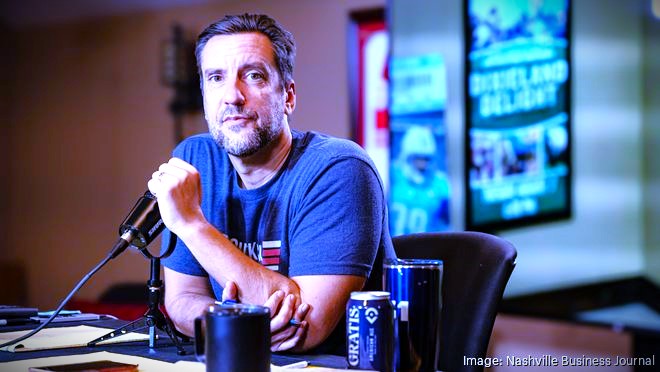Clay Travis, the outspoken media personality and founder of OutKick, has ignited another wave of public conversation with his recent commentary on college sports and political discourse. Known for blending sports analysis with cultural and political critique, Travis’s latest remarks have reignited debates on the limits of free speech within athletic institutions and how universities manage the intersection of sports and activism.
During a recent appearance on Fox News, Clay Travis criticized university athletic departments for what he described as selective tolerance toward student-athletes’ speech. “We’re at a point where speaking out with certain opinions gets celebrated, and others get silenced,” Travis said, referring to incidents where student-athletes have faced backlash for expressing conservative viewpoints. His comments quickly went viral, particularly among college sports fans and free speech advocates who praised his willingness to tackle controversial subjects.
Clay Travis has long positioned himself as a contrarian voice in American media. A former attorney turned sportswriter, Travis founded OutKick as an alternative to what he perceives as a liberal mainstream sports media landscape. The platform has since grown into a widely followed outlet for commentary that fuses sports, politics, and culture. His critics argue that he often frames complex social issues in overly simplistic terms, but his supporters see him as a necessary counterbalance in a polarized media environment.
In this latest episode, Travis also questioned how universities prioritize their messaging. “It’s not about canceling anyone,” he said. “It’s about making sure everyone—left or right—has the right to speak freely without fear.” The discussion followed news that a college football player had been benched after making politically charged comments online, though school officials denied any disciplinary action was related to his statements.
The debate reflects broader tensions in American society over the roles of athletes as influencers and the responsibilities of academic institutions in regulating speech. As Clay Travis continues to comment on these intersections, his platform grows, offering a megaphone for a segment of the sports world that feels underrepresented by traditional outlets.
Whether one agrees or disagrees with his opinions, Travis’s ability to draw attention and generate public debate is undeniable. With college sports increasingly entangled in political expression, figures like Clay Travis are certain to remain in the spotlight.






